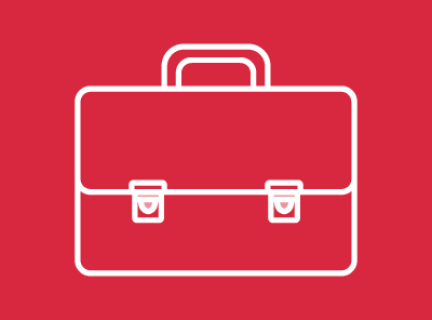Foreign Credential Recognition
This section will help you learn about foreign credential recognition through an overview of regulated vs. non-regulated professions, Credential Evaluation Reports and Educational Credential Assessments.
Educational Credential Evaluation Guidelines
Foreign credential recognition is one of the main labour difficulties faced by newcomers to Canada.
Some credentials obtained outside Canada may not be recognized as equivalent to Canadian credentials. This is often because of contextual differences between countries, particularly in regulated occupations where health and safety are important.
Getting professional and educational credentials recognized in Canada can take time. Organizations that assess foreign credentials include credential assessment agencies, educational institutions and regulatory bodies.
As a newcomer, you may require a credential evaluation to have your education or work experience recognized in British Columbia.
Regulated and Non-Regulated Professions
There are two types of occupations in Canada: regulated and non-regulated:
- Regulated: Credential evaluation is required. It is usually completed by a regulatory body.
- Non-Regulated: Credential evaluation generally not mandatory. However, employers may require proof that your educational credentials obtained outside of Canada are equivalent to Canadian standards.
A non-regulated occupation in Canada is a profession or trade that does not require a licence to practice (e.g. bookkeeper). About 80 per cent of Canadian workers are employed in non-regulated occupations. The non-regulated job market is an excellent place to begin your career in Canada. If you are a foreign-trained professional, you can work in a non-regulated job while you become licensed in a regulated profession, or to gain Canadian work experience.
Credential Evaluation Reports
Credential Evaluation Reports are completed by licensing organizations that look at your degree from another country and compare it with similar programs in Canada. Completing a credential evaluation is the first step in getting your qualifications validated in Canada. The completed evaluation report is then sent to you or the regulatory body for your profession so you can begin the process of being recognised as a qualified professional.
You can also use the credential evaluation to apply to post-secondary institutions for advanced degree or professional certification programs.
Some employers may also request a credential evaluation before hiring to confirm your education meets the requirements for the position.
In the Educational Credential Assessment (ECA) section below, you can find a list of Canadian organisations that will provide Educational Credential Assessments (ECA) for international professionals.
Typical steps to prepare for an ECA Report:
- Create account
- Fill out online application
- Pay fees
- Gather documents and translations (individual and educational institutions)
- Certified translations in English or French are usually required
- Delivery of documents to agency/educational institution/regulatory body
Educational Credential Assessment
BCIT International Credential Evaluation Service (ICES)
There are several organizations designated to provide Educational Credential Assessment (ECA) Reports for non-medical applicants. For medical applicants, the Medical Council of Canada (MCC) provides Educational Credential Assessments (ECAs) for Immigration, Refugees and Citizenship Canada (IRCC) immigration programs that require an ECA report (Federal Skilled Worker Program) or where an ECA is considered (Canadian Experience Class).
Principal Applicants applying for Canadian immigration programs as a general practitioner, family physician (NOC 3112) OR specialist physician (NOC 3111) can request an ECA report from MCC after their medical diploma has been verified through physiciansapply.ca.
If you are a pharmacist (NOC 3131), you must get your report from the Pharmacy Examining Board of Canada.




